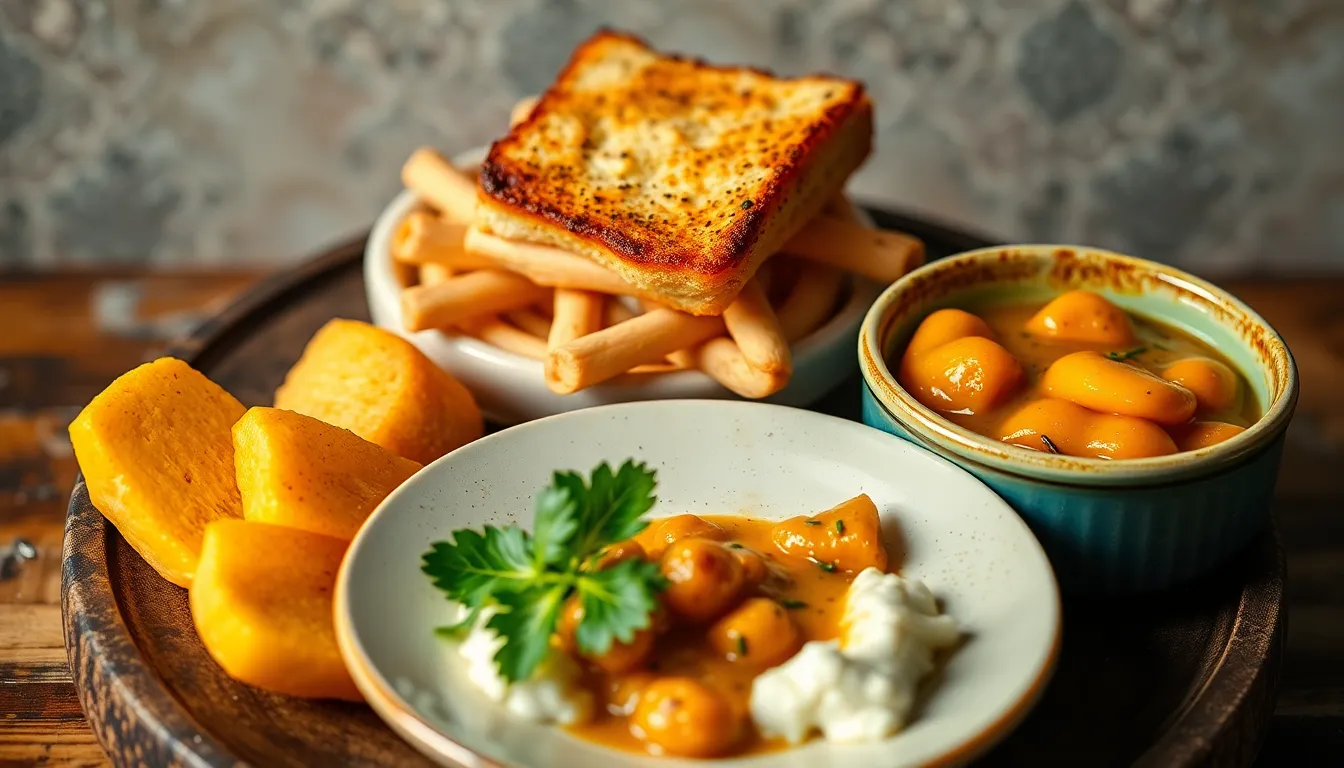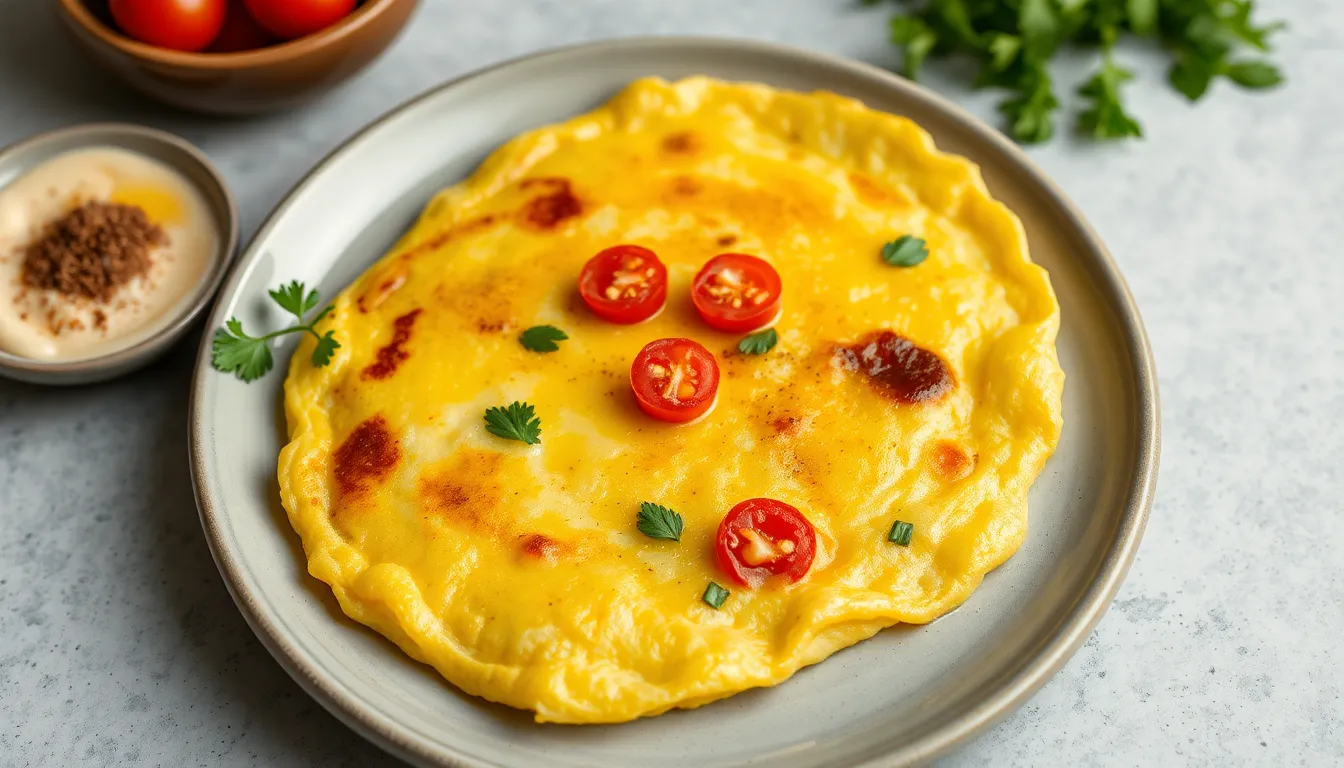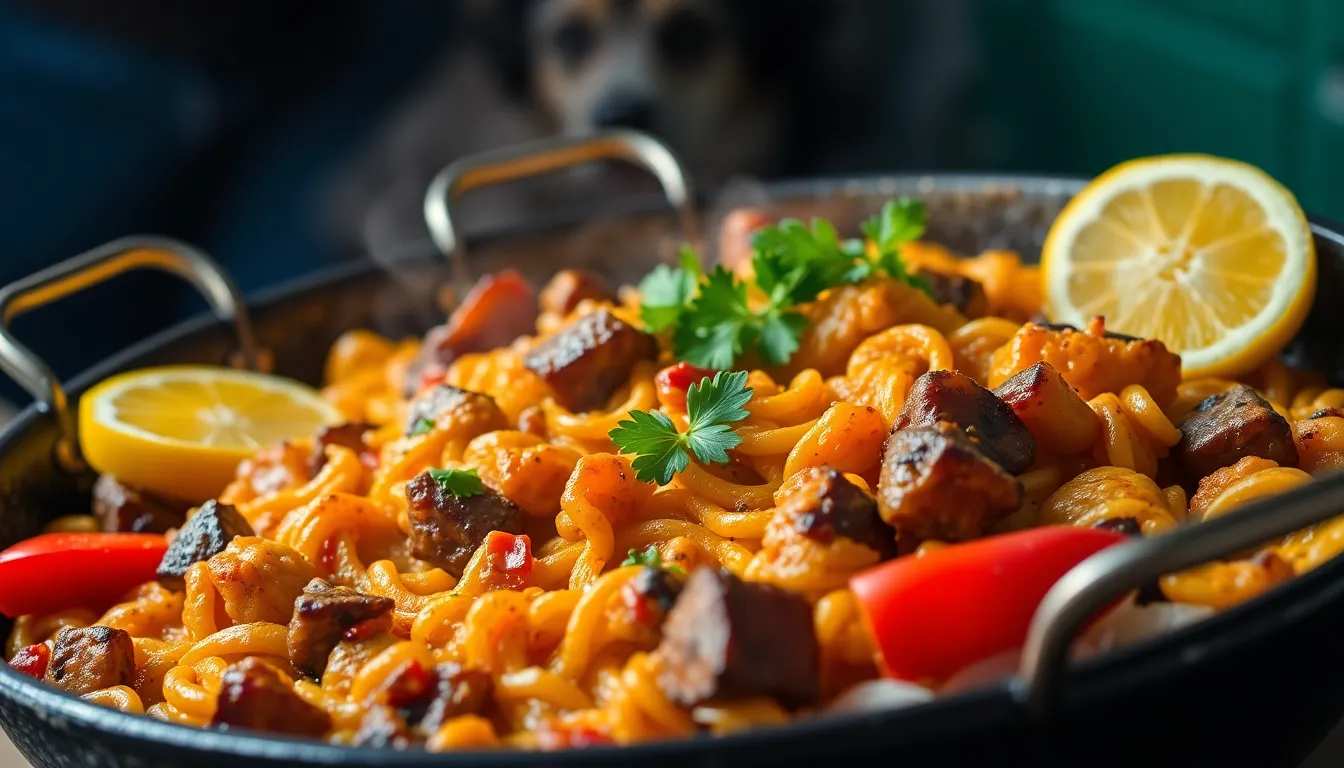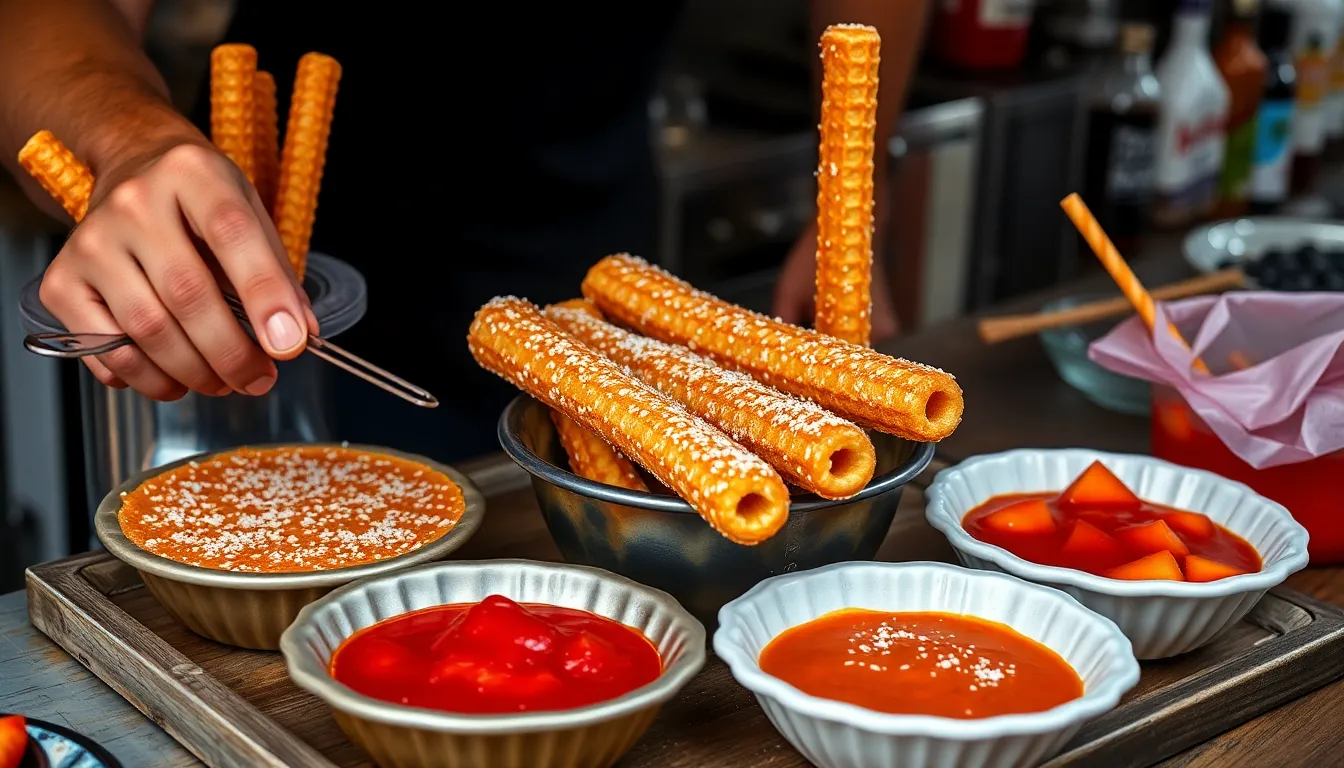Culinary Journey Through Spain: Discover 10 Dishes You’ve Never Tried
Introduction: A Taste of Spain Awaits
Spain is a land rich in history, culture, and, most importantly, culinary heritage. Each region boasts its own unique flavors, techniques, and dishes, reflecting the diverse influences that have shaped Spanish cuisine over the centuries. While many are familiar with the iconic paella, there is a world of lesser-known culinary gems waiting to be explored. This blog post invites you to embark on a gastronomic journey through Spain and discover 10 exceptional dishes that deserve a place on your dining table.
Section 1: The Hidden Gems of Spanish Cuisine
1.1 Beyond Paella: Why Explore New Flavors?
While paella may be the superstar of Spanish cuisine, it often overshadows the myriad of regional dishes that showcase local ingredients and cooking methods. Discovering these hidden gems allows you to truly appreciate the depth and variety of Spanish flavors. By venturing beyond the conventional, you will gain a better understanding of the culinary landscape shaped by geography, climate, and tradition.
1.2 The Heart of Spanish Cooking: Ingredients and Techniques
Spanish cuisine is characterized by its reliance on fresh, high-quality ingredients. Here are some staples that you will frequently encounter:
- Olive Oil: A cornerstone of Spanish cooking, used for frying, drizzling, and dressing.
- Garlic: A flavor powerhouse that enhances many dishes.
- Saffron: The key ingredient in paella, adding both color and flavor.
- Seafood: Particularly along the coast, fresh fish and shellfish are a must.
- Chorizo: A flavorful sausage that adds a smoky depth to dishes.
Traditional cooking techniques include braising, grilling, and slow-cooking, each contributing to the unique taste profiles of regional dishes.
Section 2: 10 Must-Try Dishes Off the Beaten Path
2.1 Dish #1: Cocido Montañés – A Hearty Mountain Stew
Cocido Montañés is a rustic stew hailing from the Cantabria region. It combines chickpeas, assorted meats (such as beef and pork), and seasonal greens, all simmered to perfection.
- Ingredients: Chickpeas, potatoes, cabbage, chorizo, and various cuts of meat.
- Flavor Profile: Rich, hearty, and comforting, perfect for cold weather.
Serve it with crusty bread and a glass of red wine for a complete experience.
2.2 Dish #2: Pimientos de Padrón – The Spanish Roulette
Pimientos de Padrón are small green peppers from Galicia that can range from mild to spicy. The thrill lies in not knowing what you’ll get!
- Best Sourcing: Look for vibrant green peppers with a glossy sheen.
- Cooking Tip: Sauté them in olive oil and sprinkle with coarse sea salt for the best flavor.
2.3 Dish #3: Calçots – The Catalan Spring Onions
Calçots are a type of green onion native to Catalonia, often grilled and served with a rich romesco sauce.
- Serving Tradition: Host a Calçotada, where guests grill their own calçots over an open flame.
- Romesco Sauce: A blend of roasted tomatoes, garlic, nuts, and olive oil, perfect for dipping.
2.4 Dish #4: Bacalao al Pil-Pil – Cod in Garlic Emulsion
This iconic Basque dish features salt cod cooked in a garlic-infused olive oil emulsion.
- Origins: A traditional dish derived from fishermen’s culinary practices.
- Preparation Steps:
- Soak the salt cod for 24 hours to remove excess salt.
- Slowly cook the fish with garlic and olive oil until it emulsifies.
2.5 Dish #5: Cerezas al Licor – Cherries in Liqueur
These liqueur-soaked cherries make for a delightful dessert, often served with ice cream or on their own.
- Presentation: Serve in a glass jar for an appealing look.
- Pairing Suggestions: Enjoy with a glass of dessert wine or on top of a chocolate cake.
2.6 Dish #6: Sopa de Ajo – The Garlic Lover’s Delight
This robust garlic soup is known for its warming qualities and hearty ingredients.
- Health Benefits: Garlic is known for its immune-boosting properties.
- Recipe Adaptation: Can be made vegan by substituting traditional bread with gluten-free options.
2.7 Dish #7: Fideuà – The Noodle Variant of Paella
- Ingredients: Fideo noodles, seafood (such as shrimp and calamari), and saffron.
- Cooking Tips: Fry the noodles before adding the broth for a deeper flavor.
2.8 Dish #8: Gaspacho de Sandía – Refreshing Watermelon Soup
This summer dish reimagines the traditional gazpacho by incorporating watermelon, making it sweet and refreshing.
- Ideal Garnishes: Mint leaves and a drizzle of balsamic reduction.
- Serving Suggestions: Serve chilled in small cups for a refreshing appetizer.
2.9 Dish #9: Tarta de Santiago – A Sweet Slice of History
This almond cake is a symbol of Santiago de Compostela, often decorated with the cross of Saint James.
- Origins: Dates back to the Middle Ages, celebrated for its rich flavors.
- Baking Tips: Use finely ground almonds for a moist texture.
2.10 Dish #10: Chistorra – The Flavor-Packed Chorizo
Chistorra is a thin, fast-cooking sausage often enjoyed as a tapa or in a sandwich.
- Differences from Traditional Chorizo: Chistorra is less spicy and has a softer texture.
- Cooking Methods: Best grilled or pan-fried until crispy.
Section 3: Culinary Map of Spain
3.1 Visual Representation: Spanish Culinary Regions
| Region | Key Dishes | Main Ingredients |
|---|---|---|
| Andalusia | Gazpacho, Fried Fish | Tomatoes, Olive Oil, Fresh Fish |
| Catalonia | Calçots, Fideuà | Onions, Noodles, Seafood |
| Basque Country | Bacalao al Pil-Pil | Salt Cod, Garlic, Olive Oil |
| Galicia | Pimientos de Padrón | Green Peppers, Olive Oil, Sea Salt |
| Valencia | Paella | Rice, Saffron, Rabbit |
| Aragon | Cocido Montañés | Chickpeas, Meats, Greens |




